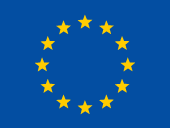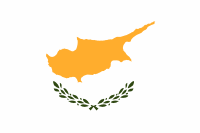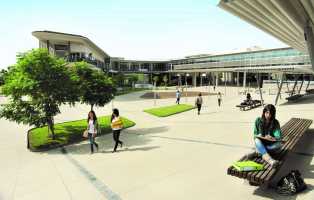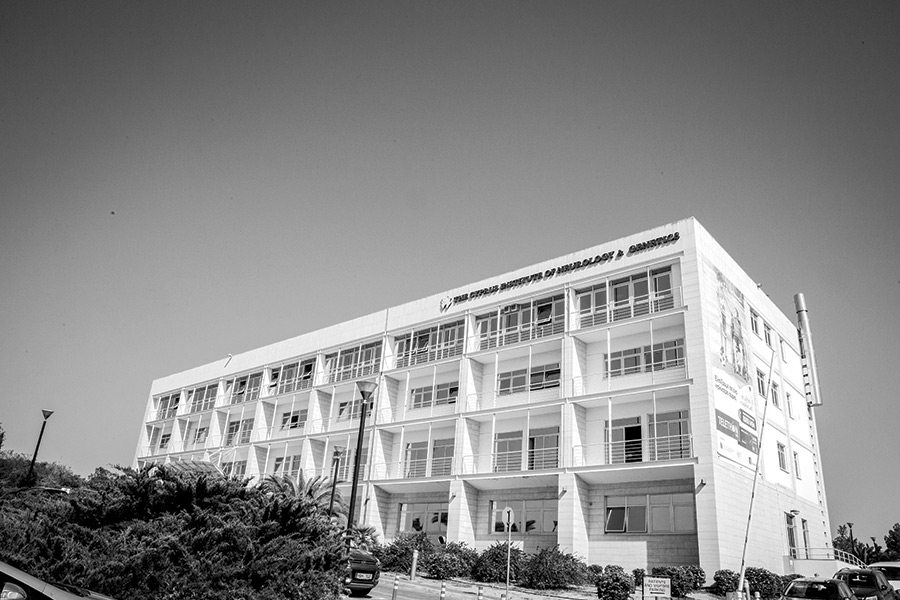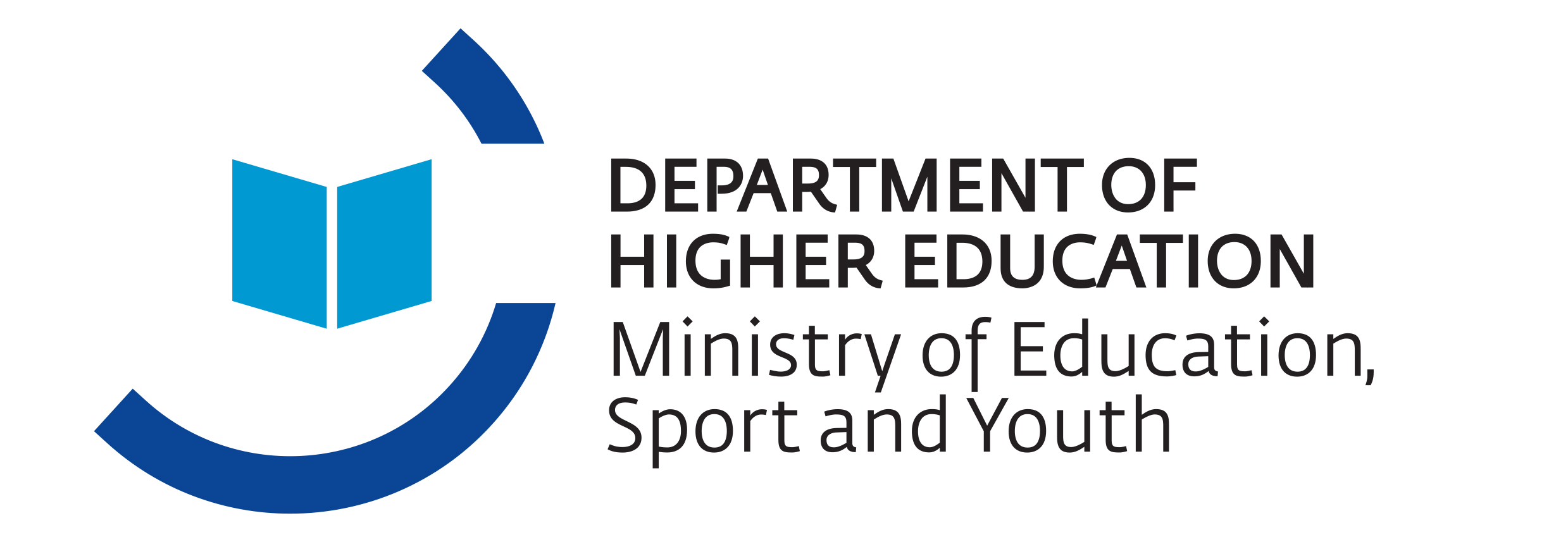Cyprus: A Bridge Between Continents
Getting to Know Cyprus
Cyprus, the third-largest Mediterranean island, acts as a bridge between Europe, Asia, and Africa. Nicosia serves as the capital and largest city, with Limassol following. Cyprus has a rich history dating back thousands of years and enjoys a modern economy driven by banking, tourism, exports, and shipping. The official languages are Greek and Turkish, with English widely spoken.
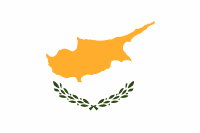
Cyprus High Commission
HIGH COMMISSION OF THE REPUBLIC OF CYPRUS NEW DELHI D-64, MALCHA MARG, CHANAKYAPURI NEW DELHI-110021, INDIA
Tel.: +91 11 43586295
Fax: +91 11 26111160
http://www.mfa.gov.cy/mfa/highcom/highcom_newdelhi.nsf/contact_en/contact_en?OpenDocument
Why Choose Cyprus?
World-Class Education
Cyprus offers excellent higher education through various institutions, with three of its universities ranking in the top 800 according to the Times Higher Education World University Rankings 2024. There is a very big number of international students studying at the higher education institution in The Republic of Cyprus, making it an attractive destination for undergraduate and postgraduate Indian students.
Mediterranean Appeal
With its Mediterranean climate, Cyprus attracts around 7,500 international tertiary-level students annually. India is the fourth-largest source of students.
Education System
Academic Opportunities
Cyprus follows the Bologna Process and has both public and private institutions across various academic levels.
Scholarships
Financial Aid
Scholarship opportunities in Cyprus may be offered by the government, public and private institutions, and international partners. Tuition fees for international students pursuing postgraduate studies are typically over 400,000 INR per annum.
For Further Information

Department of Higher Education, Ministry of Education, Sport and Youth :
https://www.highereducation.ac.cy/index.php/en/
Ministry of Education, Sport and Youth:
http://www.moec.gov.cy/

